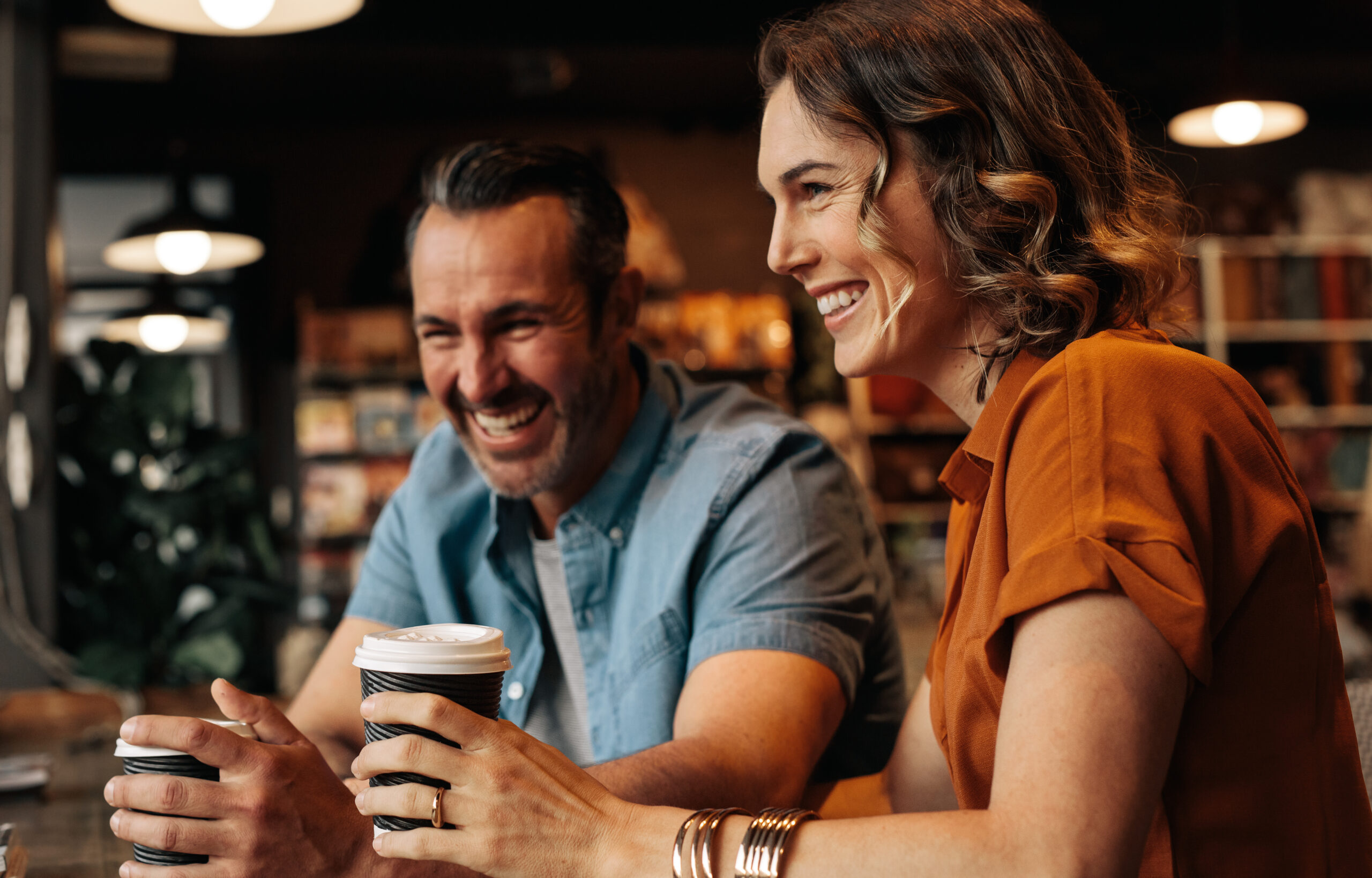Event Description
| Stakeholder Group | Employment |
|---|---|
| TAC Facilitator | Sherry Lerch |
| Invited OPSA Co-Conveners(s) | Bridget Hassan; Michael Maybee |
| Date and Time | August 18, 10 am - 12 pm |
| Meeting Details |
Topic: NC Olmstead Plan Listening Session - Employment
Join Zoom Meeting Meeting ID: 991 6799 7661 Passcode: 579673 +1 646 558 8656 US |
Event Description
| Stakeholder Group | Persons with Lived Experience IDD |
|---|---|
| TAC Facilitator | Jenn Ingle |
| Invited OPSA Co-Conveners(s) | Matt Potter; Jeff Smith |
| Date and Time | August 14, 1 - 3 pm |
| Meeting Details |
Topic: NC Olmstead Plan Listening Session - Persons with Lived Experience IDD Join Zoom Meeting Meeting ID: 928 0604 5313 Passcode: 579673 +1 646 558 8656 US
|
Event Description
| Stakeholder Group | Persons with Lived Experience MH/SUD |
|---|---|
| TAC Facilitator | Jenn Ingle |
| Invited OPSA Co-Conveners(s) | Jeff McLoud; Kurtis Taylor; Cherene Caraco |
| Date and Time | August 14, 10 am - 12 pm |
| Meeting Details |
Topic: NC Olmstead Plan Listening Session - Persons with Lived Experience MH/SUD Join Zoom Meeting Meeting ID: 945 9321 9356 Passcode: 579673 +1 646 558 8656 US |
Event Description
| Stakeholder Group | LME/MCOs |
|---|---|
| TAC Facilitator | Sherry Lerch |
| Invited OPSA Co-Conveners(s) | Leza Wainwright; Mike Bridges |
| Date and Time | August 13, 10 am - 12 pm |
| Meeting Details |
Topic: NC Olmstead Plan Listening Session - LME/MCOs
Join Zoom Meeting Meeting ID: 928 3105 5682 Passcode: 579673 +1 646 558 8656 US |
Event Description
| Stakeholder Group | Family Members IDD |
|---|---|
| TAC Facilitator | Sherry Lerch |
| Invited OPSA Co-Conveners(s) | Kerri Eaker: Corye Dunn |
| Date and Time | August 12, 6 - 8 pm |
| Meeting Details |
Topic: NC Olmstead Plan Listening Session - Family Members IDD Join Zoom Meeting Meeting ID: 964 3841 5490 Passcode: 579673 +1 646 558 8656 US |
Event Description
| Stakeholder Group | Statewide Independent Living Council (SILC) |
|---|---|
| TAC Facilitator | Jenn Ingle |
| Invited OPSA Co-Conveners(s) | Melea Williams; Bryan Dooley |
| Date and Time | August 12, 1 - 3 pm |
| Meeting Details |
Topic: NC Olmstead Plan Listening Session - SILC
Join Zoom Meeting Meeting ID: 961 4509 3285 Passcode: 579673 +1 646 558 8656 US |
Event Description
| Stakeholder Group | Housing |
|---|---|
| TAC Facilitator | Sherry Lerch and Jim Yates |
| Invited OPSA Co-Conveners(s) | Paul Kimball; Janet Breeding |
| Date and Time | August 12, 3 – 5 pm |
| Meeting Details |
Topic: NC Olmstead Plan Listening Session - Housing
Join Zoom Meeting Meeting ID: 916 7263 6131 Passcode: 579673 +1 646 558 8656 US |
Event Description
| Stakeholder Group | Traumatic Brain Injury (TBI) Family and Persons with Lived Experience |
|---|---|
| TAC Facilitator | Jenn Ingle |
| Invited OPSA Co-Conveners(s) | David Forsythe; Matty Lazo Chadderton |
| Date and Time | August 12, 10 am - 12 pm |
| Meeting Details |
Topic: NC Olmstead Plan Listening Session - TBI Family and Persons with Lived Experience
Join Zoom Meeting Meeting ID: 923 7298 1500 Passcode: 579673 +1 646 558 8656 US |
As you progress through your recovery, you ideally will continue to improve and build a healthier, better life centered around your sobriety. While you spend the first part of your recovery focusing on yourself, it is natural to desire partnership in this life–especially after spending so much time feeling isolated when you were drinking or using substances. Dating and forming new relationships is extremely challenging for everyone. In recovery, however, you must be particularly mindful of your actions, thoughts, patterns, and feelings while entering a new relationship so that you may continue to stay well.
Perhaps throughout all of your recent accomplishments and growth, you have met or are interested in meeting someone new. You may be hesitant or anxious to navigate the dating world without the presence of substances in your life. It can be tricky!
Here are 5 tips to help you form healthy dating and relationship habits while in recovery:
Always put your sobriety first
This is multifaceted. To put your sobriety first, you must be honest with yourself. Are you really ready for a relationship? Have you taken the time necessary to set solid foundations in your life? It is commonly recommended to spend 1 year focusing predominantly on your recovery. After this time, you need to consider the following: Are you able to care for yourself on your own, without the emotional support of someone else? Are you confident in your own ability to handle disappointments and conflicts?
These are things to think about before entering a new relationship. Even after committing to a relationship, your sobriety must always be your top priority–this means that you continue to work your program and use the tools that you developed in treatment. Ultimately, these practices will not only benefit you, but in turn can help you be a better partner to someone else.
Be honest with the other person
Honesty and communication are crucial to any relationship. Be open with your potential matches in regard to your recovery, your struggles, your needs, and goals. Decide what is important to you in a partnership and don’t compromise–make it clear to the other person what you value and need from a relationship.
Erase the sense of urgency
Meeting someone that you connect with can present feelings of passion and urgency and may lead you to jump headfirst into something that you’re not truly ready for. When you feel yourself become anxious about aspects of the relationship, take a step back, and take a deep breath. Slow down. Take the time to genuinely get to know the individual you are considering to be your partner, and let them take the time to get to know you as well. By taking things slowly you may find in the end that you are not the best pair for one another before you make any major commitments or promises, and that is okay.
Be realistic and prepared
The rush of serotonin that comes from feelings of early connection and love can be, for lack of a better word, addicting. As you enter new relationships, the connection and support can be an incredibly positive thing in your life. You must be realistic and understand that disagreements and conflicts will present themselves eventually–this is normal. Talk to your partner about how you both prefer to handle conflict before it arises. Prepare yourself by creating strategies to work through hard times or heightened emotions. Some helpful tactics to use during stressful moments in a relationship are:
- Calling your sponsor
- Talking with your therapist or counselor
- Journaling
- Meditation
- Prayer
Avoid codependency
It can be tempting to lose yourself in the good feelings of a new relationship–just as easy as it is to lose yourself in someone else. The disease impacts your mind in a way that can make it easy for you to become codependent and reliant on another person very quickly if you are not mindful and careful during the early stages of dating and forming new relationships.
You must remember: a healthy relationship exists between two individuals that value their individual self. Though it is easy to become comfortable with a partner by your side, you must continue to strive for improvement in your recovery. This means that you still make time to go to meetings, spend time alone, stay true to your friends, hobbies, work, and passions outside of the relationship. You should also encourage your partner to do the same.
Though dating in recovery is challenging–it is incredibly worthwhile. As you relearn healthy communication and relationship habits, you add new tools to your repertoire that will continue to support you throughout the rest of your life in sobriety whether you’re single or in the midst of cupid’s choke-hold.
At Fellowship Hall, we’re working to constantly provide support and care both on-campus and digitally those in recovery. For more information, resources, and encouragement, ‘like’ the Fellowship Hall Facebook page and follow us on Instagram at @FellowshipHallNC.
About Fellowship Hall
Fellowship Hall is a 99-bed, private, not-for-profit alcohol and drug treatment center located on 120 tranquil acres in Greensboro, N.C. We provide treatment and evidence-based programs built upon the Twelve-Step model of recovery. We have been accredited by The Joint Commission since 1974 as a specialty hospital and are a member of the National Association of Addiction Treatment Providers. We are committed to providing exceptional, compassionate care to every individual we serve.
This was originally posted in 2011 and seems like a appropriate follow-up to yesterday’s post.
I suppose the notion that the the recovery community is a useful fiction can take us in multiple directions.
- If the recovery community is a fiction, then it’s boundaries are also a fiction, not static, and can be changed (expanded) at any time.
- If the recovery community is a fiction, the connective tissue may be more brittle, and unity more fragile, than we imagine.

Ta-Nehisi Coates explores the challenges and political fiction of political movements by unpacking this passage from a feminist:
“She, who is so different from myself, is really like me in fundamental ways, because we are both”: This is the feminist habit of universalizing extravagantly–making wild, improbable leaps across chasms of class and race, poverty and affluence, leisured lives and lives of toil to draw basic similarities that stem from the shared condition of sex…
Inevitably, the imagined Woman fell short of the actualities of the actual woman it was supposed to describe, and inevitably, the identification between the feminist who spoke and the woman she spoke for turned out to be wishful, once those other women spoke up…
But although the Woman at the heart of feminism has been a fiction like any political fiction (“workers of the world,” “we the people”), it has been a useful fiction, and sometimes a splendid one. Extravagant universalizing created an imaginative space into which otherwise powerless women could project themselves onto an unresponsive political culture….
I’ve sometimes struggled with the recovery advocacy movement suffering from the same thing. I think you could substitute “woman”, “feminist”, etc with recovering people and it would be pretty accurate.
We often struggle with how inclusive to make definitions of recovery, who we include in the “community”, etc.
This push to universalize recovery has, I think, been helpful. It’s pushed many people in the recovering community to think of themselves as something larger than their small group and how more people might be helped. (It’s worth noting that Bill Wilson has been described as obsessed with how to reach and bring more people into recovery.) But, it has its limits and, at some point, I suspect it could be harmful. The same walls that inhibit inclusiveness also serve as a container for shared identities, concerns, sentiments, etc. So, I think some caution is probably a good thing.
Ta-Nehisi offers this thought:
But what I like about her analysis is that it doesn’t stop at noting the very obvious point, that political fictions don’t live up to realities.Instead she pushes on to assert that people create political fictions for actual reasons, and often those fictions have actual positive results.

